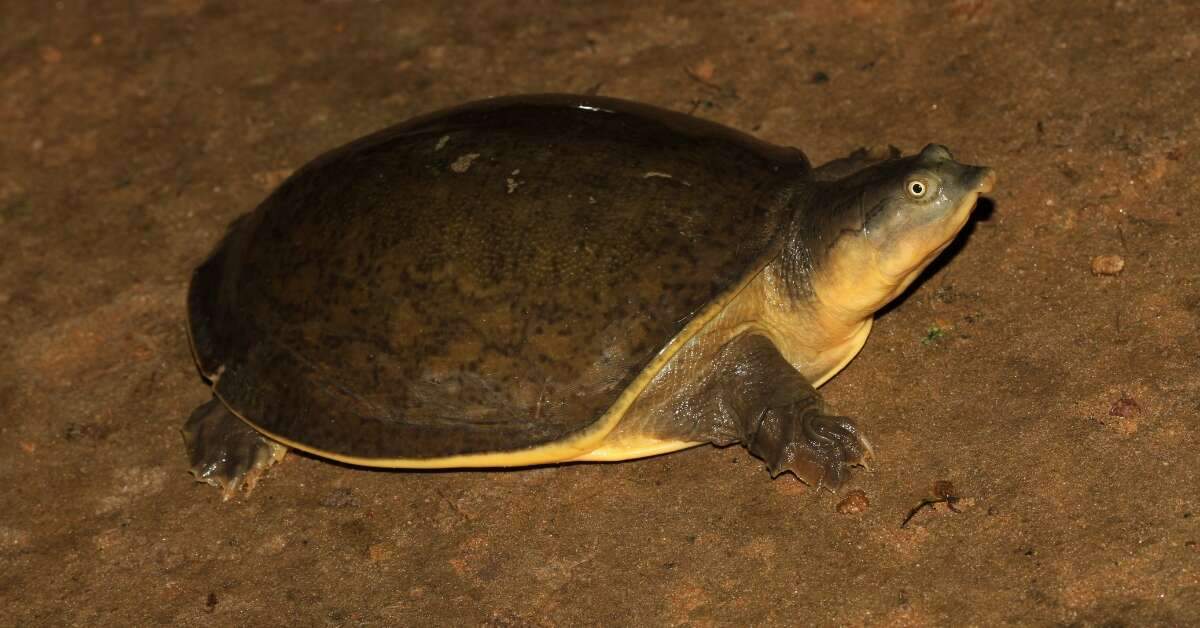Stay tuned to Yo! Vizag website and Instagram for more city news updates.


On Wednesday, Vizag Police officials at the Foxpeta checkpoint in the Rampachodavaram forest division of Alluri Sitarama Raju (ASR) district intercepted a significant number of Indian flapshell turtles from a turtle trafficking operation. Two individuals were apprehended and a vehicle transporting 1,589 flapshell turtles was seized. Of the confiscated turtles, 1,426 were alive, while 163 had perished. The turtles, valued at an estimated Rs 3 lakh, were discovered in a vehicle loaded with onions during a routine vehicle inspection. The accused had sourced the turtles from the Ramachandrapuram area in the Konaseema district and were transporting them to Odisha for their meat, hidden in 20 sacks beneath the onions.
The illicit trade of turtles has seen a significant surge along India’s East Coast, especially in states such as Bengal, Odisha, and Andhra Pradesh. These unlawful networks are thriving, with traffickers shipping live turtles to cities like Chennai, Bangalore, and West Bengal for overseas export. Vizag has emerged as a secure conduit for turtle trafficking rings amidst this transportation. The smuggling of these turtles incurs hefty penalties under the Customs Act and Wildlife Protection Act. Traffickers procure these turtles from various regions including Odisha, Andhra Pradesh, Karnataka, Telangana, and Tamil Nadu, among others, for export purposes. Different species are trafficked for distinct reasons. Indian hard-shell turtles are primarily targeted for the pet trade, while soft-shell turtles are sought after for meat consumption or research purposes.
Meanwhile, freshwater flapshell turtles, one of the most trafficked species in the country are traded for the meat and traditional medicine markets. These turtles are often cruelly bundled together and transported. Their relative abundance, meaty bodies, and extensive distribution from Pakistan to Myanmar make them prime targets for poachers. They are typically caught with un-baited hooks as the waters of large rivers and reservoirs recede during the summer months, and again in late August and September when the turtles traverse various habitats, including shallow marshes, wetlands, and even wet agricultural paddies. Poachers use an iron rod to probe the mud in these shallow water complexes and paddies until they locate a turtle, which they then capture by hand.
Flapshell turtles, being aquatic generalists, can inhabit a variety of freshwater bodies, including rivers, streams, lakes, ponds, and marshes, but they show a preference for smaller wetlands and marshes. The Indian Flapshell Turtle, which moves as freely on land as it does in water, is particularly vulnerable due to its migratory habits following the seasonal water fluctuations and its ability to bury itself in mud during droughts.
Stay tuned to Yo! Vizag website and Instagram for more city news updates.
In a strong show of people-centric governance that is making news, Andhra Pradesh's top leadership,…
Cases of COVID-19, which have been dormant for a long time, have resurfaced in different…
There have been many OTT releases worldwide this week. When there are limitless entertainment options,…
With schools on break and the sun shining bright, summer is the perfect time to…
For most Vizagites, a trip to Araku Valley is a cherished escape. With its cool…
There's just so much time, but it is never enough to decide what to eat.…
Leave a Comment